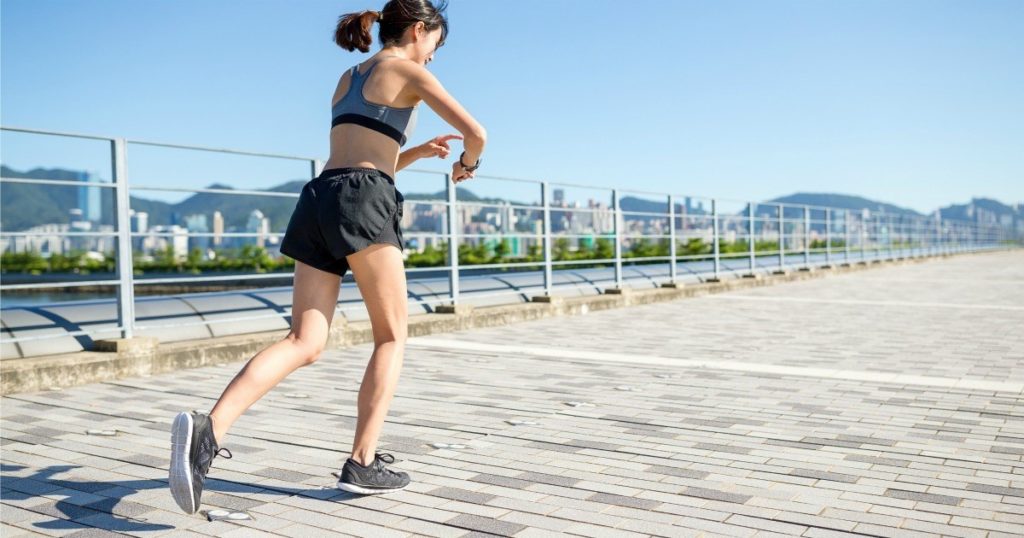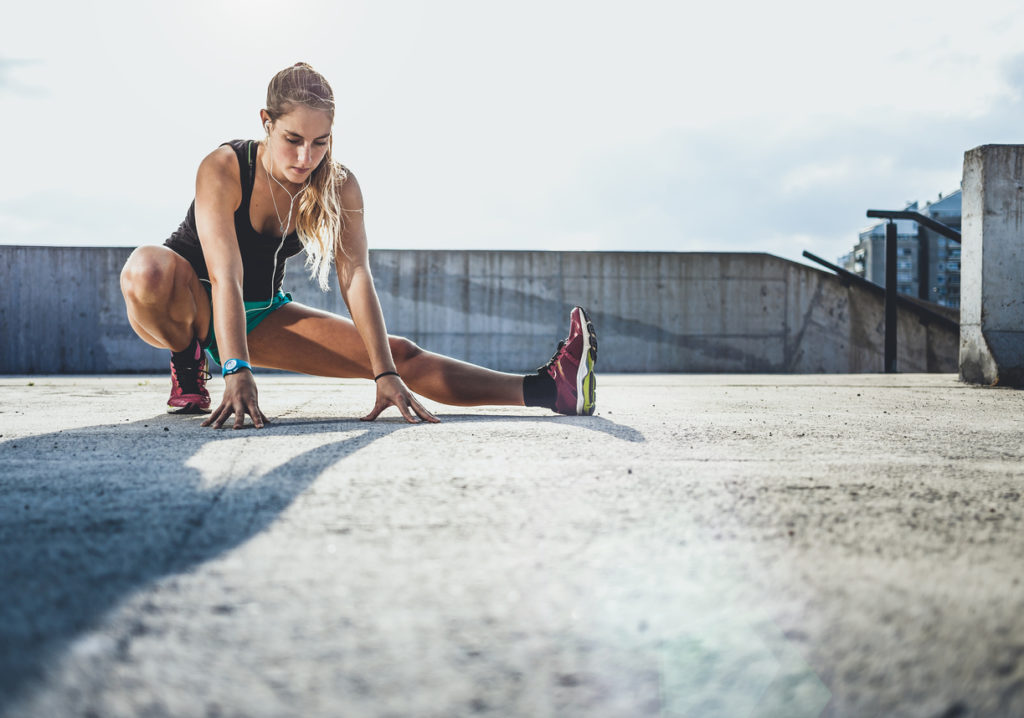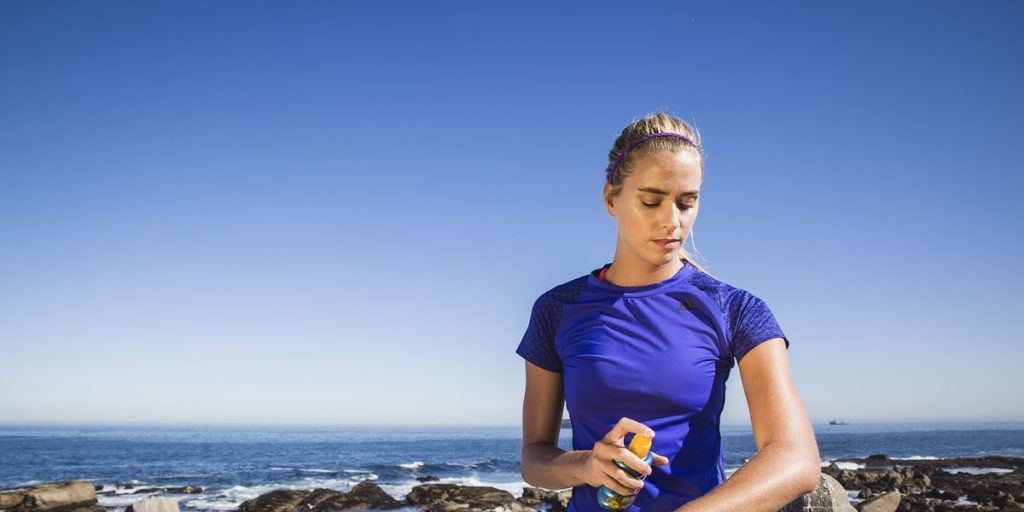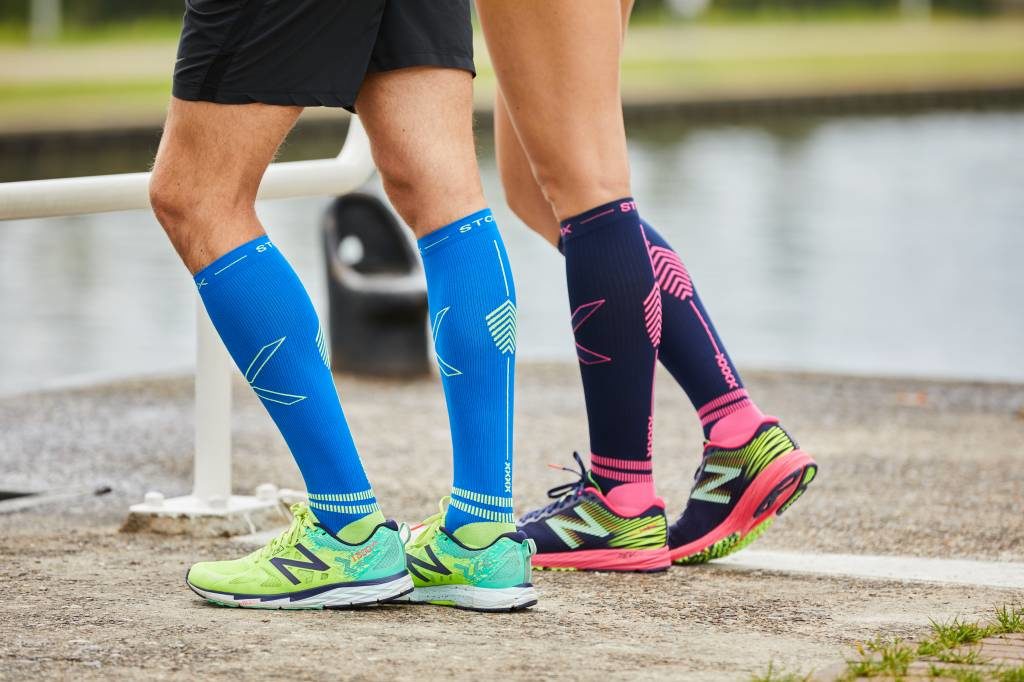Running a marathon can be a fantastic experience. A lot of people feel like they’ve conquered the world when they reach the finish line. While training for a marathon can be a lot of fun, you’ll want to take some precautions. Here are 7 practical tips that will help you avoid injuries.
1. Start Working On Your Fitness Early On
 Don’t wait to start prepping for the marathon! The sooner you start training, the easier it will be for you to run.
Don’t wait to start prepping for the marathon! The sooner you start training, the easier it will be for you to run.
2. Always Protect Your Skin Against Sunscreen
A sunburn can be devastating when you’re running a marathon. Make sure to wear a sunscreen with high SPF that is water-resistant.
3. Protect Your Nipples
Have you ever noticed marathon runners bleeding from their chest? This happens because of nipple chafing. When a person runs for an extended period of time, the fabric of their clothing will continuously rub against their nipples. The repetition of this action can lead to some nasty injuries.
It’s a wise idea to apply a product that will protect your nipples. A lot of runners apply vaseline and similar products. It’s also a good idea to wear clothing that will provide an additional level of protection. Women should wear a high-quality sports bra made of a breathable material. Both men and women should consider wearing shields that protect their nipples.
4. Wear The Right Footwear
You have to be very cautious about the shoes you wear when you run a marathon. To start, you’ll want to find shoes that are supportive, especially in the area around the ankle. If you have plenty of ankle support, you’ll be less likely to twist or sprain your ankle as you run.
You also need to make sure that the shoes you wear have been broken in. You can’t wear brand new shoes when you run a marathon; you need to wear shoes that have adapted to your feet. If you run in new shoes, you’re probably going to have to deal with blisters later on.
5. Find Socks That Will Allow Your Feet To Breathe
If you wear the wrong socks while running a marathon, you could wind up developing some serious blisters. Because you’ll be running on those blisters, the blisters could wind up bursting. This can be extremely painful, and it can even lead to an infection.
You should try to find socks that will allow your feet to breathe. This will reduce your risk of blisters. You might want to seek out socks that use moisture-wick technology. Socks that are specifically designed for athletes are also a smart purchase. Make sure you wear the right socks when you go out to run.
6. Stretch Before You Start Running
Before you go out to run, you’ll want to warm up. You shouldn’t conserve all of your energy. You should stretch your muscles so that you’ll be a lot more limber when running the marathon.

You should find lots of videos showcasing simple warm-up exercises. Get used to doing these kinds of exercises so that you’ll be able to stretch without any issues on the day of the marathon.
7. Work To Stay Hydrated
A lot of people that sustain injuries during marathons are dehydrated. Dehydration can take a real toll on your body. It can also make it more difficult for your body to run properly. If you’re dehydrated, you’re a lot more likely to sleep at fall.
There should be plenty of places for you to refuel and grab more water as you run. Don’t worry too much about your time. Try to drink plenty of water even if you don’t think you need it. Your body is being depleted of fluids while you run; you should make sure you’re replenishing those fluids.
You need to be cautious when you are running a marathon. You’re going to be putting your body through a lot. As long as you’re willing to take the right kinds of precautions, you should be able to avoid any injuries.
Cape Town has some of the most beautiful marathons in the World including the Cape Town Marathon and famous Two Oceans Marathon. If you are thinking of traveling to do one of these amazing races make sure to book an appointment with this great physiotherapist Cape Town practise.
The Two Oceans Marathon can be very tough and hard on the knees due to the big hills both up and down. Make sure you look after yourself after the race and get your body set for recovery.






